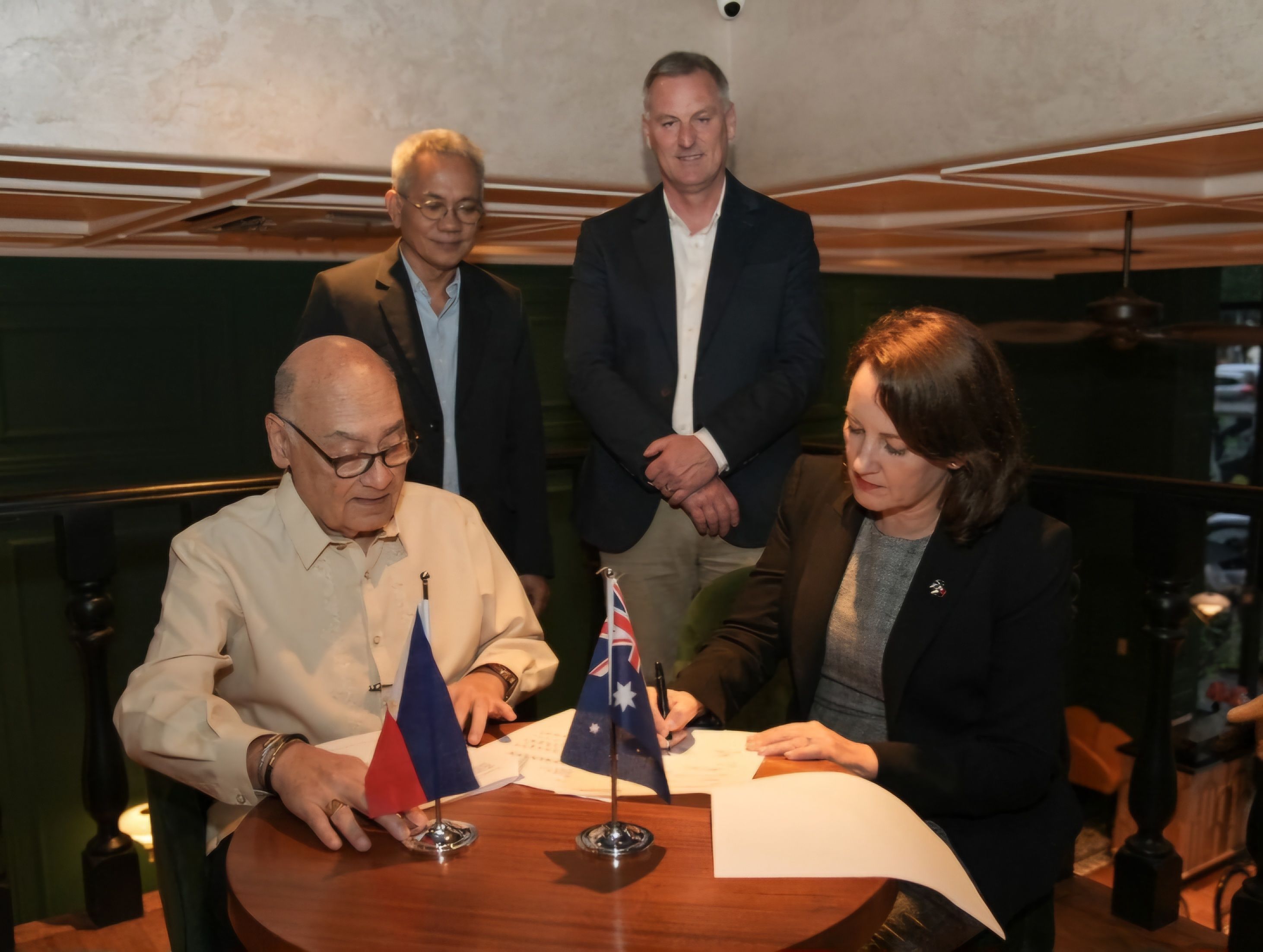Industry stakeholders support ESG Agriculture-PNOC's game-changing partnership
By MB Business
Recently, ESG Agriculture and the Philippine National Oil Company (PNOC) announced a strategic collaboration aimed at transforming agricultural practices in the Philippines. With support from the Australian Embassy, through the Australia Philippines Business Council (APBC) and the Jacinto Group—a pioneer in sustainable dining, promoting accessible, eco-conscious food solutions—ESG Australia, a member of APBC, and PNOC presented a Letter of Intent (LOI) last Sept. 9, 2024.

The LOI outlines their commitment to explore a Memorandum of Understanding (MOU) and an Offtake Agreement for the supply of lignite. The partnership seeks to harness lignite’s unique properties to produce sustainable fertilizers that can reduce chemical inputs in farming, lower environmental impact, and boost agricultural productivity.
This partnership represents a significant shift towards sustainability in agriculture. By focusing on lignite, a locally available resource, ESG Agriculture and PNOC aim to revolutionize fertilizer production, making farming practices more cost-efficient and environmentally sustainable.

The potential impact of this collaboration extends beyond the environment. It could significantly drive economic development in Isabela Province, where the project is based.
By reducing the country's dependence on imported fertilizers—which currently account for a large portion of its nitrogen-based fertilizer needs—this initiative could enhance local agricultural productivity. Additionally, the use of lignite would generate jobs, lower farming costs, and increase profitability for farmers. If successful, the Isabela project could serve as a blueprint for other regions in the Philippines with similar agricultural profiles and access to lignite.
Ares Merchants Philippines Inc. (AMPI), a leading supplier of vegetable oils, has expressed its full support for the ESG Agriculture-PNOC partnership. AMPI Managing Director Jose Leonardo Tañada affirmed the company’s commitment to initiatives that benefit the agricultural sector. “At AMPI, we always back efforts that help lower production costs for locally produced commodities and benefit our country’s farmers. We fully support sustainable projects, such as the first Philippine-produced fertilizer made from lignite,” Tañada stated.
In addition to ESG Agriculture’s partnership with PNOC, the company, alongside its local partner the Jacinto Group, will lead efforts to educate and support farmers in adopting sustainable farming solutions. Through modern agricultural practices and greener technologies, ESG and Jacinto Group aim to help local growers transition toward more sustainable and profitable farming methods, contributing to improved food security and reduced food costs across the country.
These initiatives by ESG Agriculture and PNOC align with AMPI's mission to transform the country's agricultural landscape. Recently, the company, in partnership with the Philippine Coconut Authority (PCA) and Limketkai Manufacturing Corp. (LMC), signed an MOU to produce EU-spec compliant, MOSH/MOAH-free crude coconut oil.
Under this agreement, PCA will train copra farmers and develop cooperatives, LMC will provide logistical support, and AMPI will procure 4,000 metric tons of copra monthly in Cagayan de Oro for refinement at their European refinery. This initiative reflects AMPI’s continued efforts to enhance the country's agricultural output and promote sustainable practices.